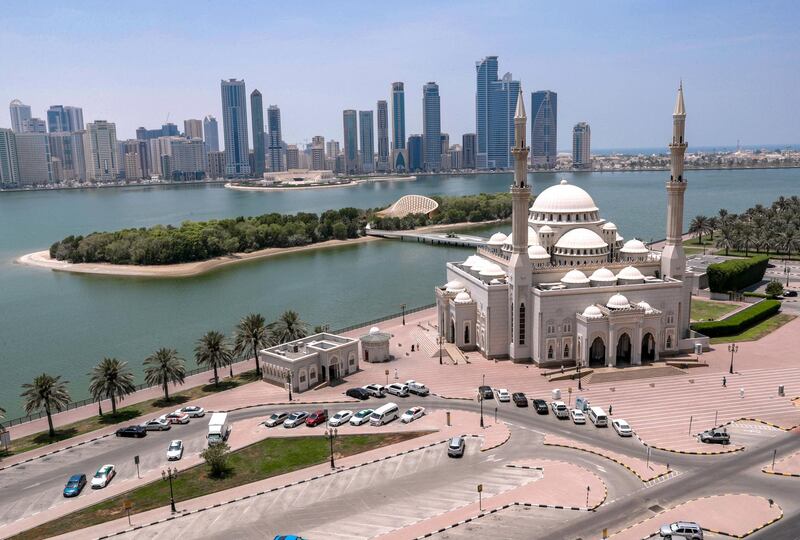Regarding Taylor Heyman's report Gulf states praised for response to coronavirus crisis (March 4): I am impressed with the concern and meticulous effort of the UAE to contain the virus. I am doctor working in the UAE for the past last 14 years. Being Muslim, I visit mosques daily. Here in the UAE they are very comfortable. They are air-conditioned throughout the year. During summer it is mandatory to run the AC but in winter and early spring, it is not required, especially when it is crowded and there is constant coughing.
Mosques are carpeted as well. Carpet fibres, if contaminated, can't be cleaned by merely vacuuming or even washing, and this affects those with allergies or asthma.
Coronavirus will not be the last contagion we face. After tiding over this crisis there will still be diseases of less virulence that do spread from person to person. Cross ventilation is more hygienic compared with a closed air-conditioned environment and is healthier.
Attique Ur Rehman, Dubai
Regarding the report India's Yes Bank seizure triggers investor and depositor panic (March 6): the recent cap on the withdrawal limit at 50,000 rupees (Dh2,483) from Indian Yes Bank created panic among depositors recently. The Reserve Bank of India has made its decision on the bank's irregularities and the poor customers will be inconvenienced. Senior citizens were already unhappy with their deposit rates. It is sad that people are worried about their deposits. The Reserve Bank and the government should come forward and assure citizens that their money is safe and work to solve this issue. Even though the RBI has no control over private banks, periodical monitoring for their lending to customers should be done.
K Ragavan, Bengaluru, India
Watch out for glaring lights
With reference to your article Abu Dhabi awards contract for major LED street light project (March 8): as you can see in the photo, this switch is catastrophically bad for humans and the environment. The high colour temperature LED lights contain large amounts of blue wavelength light that causes permanent eye damage and disruption of circadian rhythms. Darkness is a fundamental necessity of human life and this street light conversion project will lead to serious long term damage. Cars can now drive themselves and have autopilot features. The glare from these LED lights impedes the ability of the sensors (and human eyes) to make a clear image. Instead of switching to 5000K LED lights, the city should use 2200K LED lights that are shielded and diffused, remove tall street light poles because lighting the roadway where cars travel is unnecessary and in fact, makes visibility worse, and install one metre tall bollards with 2200K LED light to allow pedestrians to navigate safely.
We hope that The National can do more stories on the necessity of darkness and the need to eliminate high-glare lights.
Mark Baker, Soft Light, Dubai





